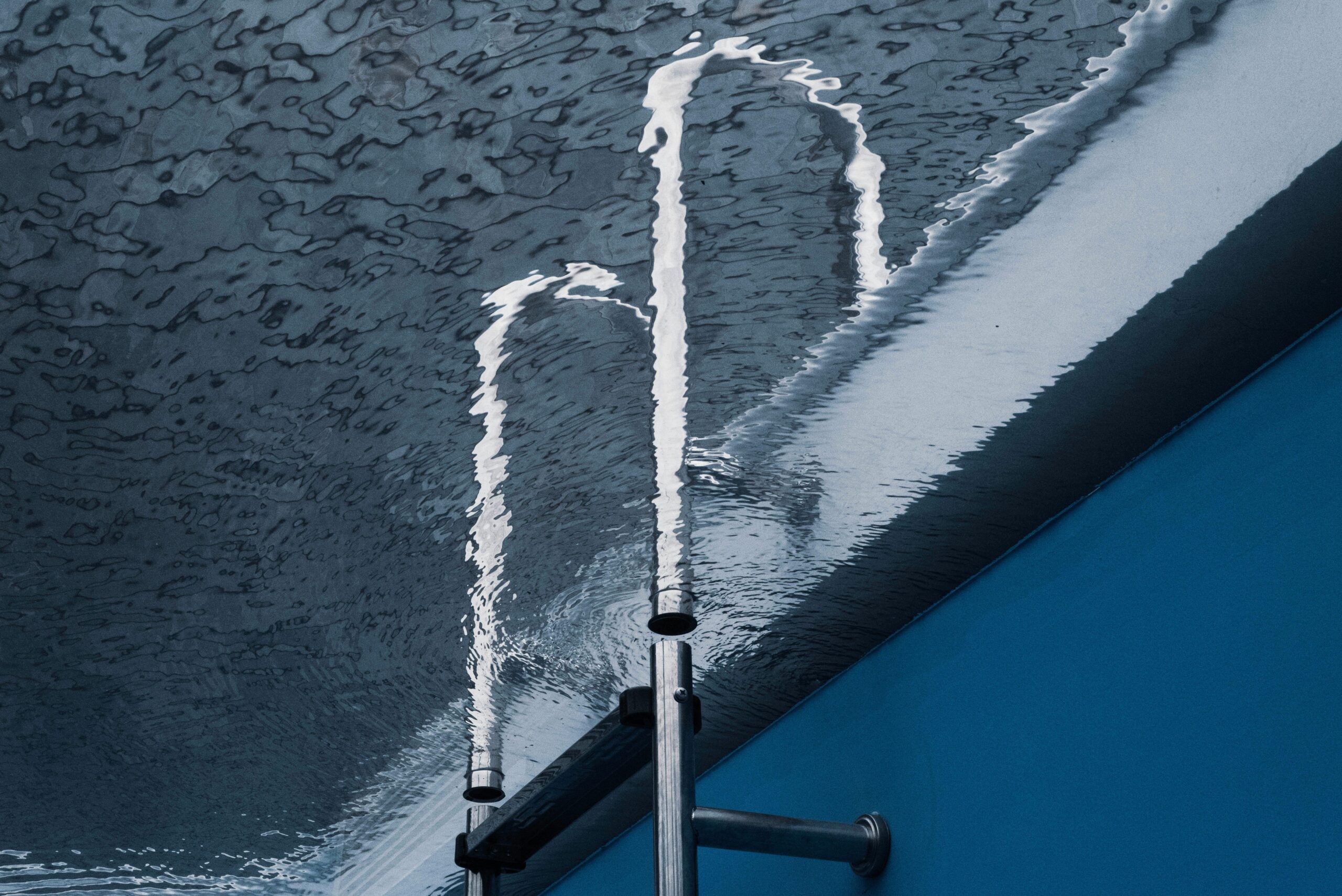Commercial plumbing maintenance is a critical aspect of managing any business facility. Ensuring the plumbing systems operate efficiently helps avoid unexpected downtime and costly repairs. The commercial plumbing maintenance checklist for businesses serves as a structured guide to assessing, maintaining, and preventing issues in plumbing infrastructure, especially in New Jersey where local regulations and conditions influence system requirements.
- Regular inspection of commercial plumbing systems minimizes the risk of costly breakdowns.
- A detailed business plumbing checklist can streamline preventive plumbing maintenance efforts.
- Timely leak detection prevents water waste and infrastructure damage.
- Collaboration with a licensed New Jersey plumber ensures compliance and professional service.
- Scheduled cleaning and equipment checks prolong the lifespan of plumbing components.
Introduction to Commercial Plumbing Maintenance
Commercial plumbing maintenance involves systematic procedures to keep plumbing systems within business premises functioning optimally. Due to the high usage and complexity of commercial systems compared to residential plumbing, regular preventive plumbing is required. Maintenance includes identifying early signs of wear, leaks, or blockages that could disrupt business operations. Businesses in New Jersey face specific plumbing challenges, such as seasonal temperature variations and regulatory standards, which make a comprehensive maintenance checklist essential to avoid emergency repairs and downtime. This checklist is intended for facility managers, building owners, and maintenance personnel tasked with ensuring plumbing reliability.
Main Components of Commercial Plumbing Systems
Understanding key components of commercial plumbing is foundational to effective maintenance. These systems typically include a network of pipes supplying water and removing waste, water heaters, backflow prevention devices, fixtures such as faucets and toilets, and drainage and sewer lines. Each component requires specific attention to prevent leaks, corrosion, or blockages that could interrupt service. For example, water heaters in commercial environments operate under higher demand and should be inspected for sediment buildup and functionality. Drainage systems need regular clearing to avoid sewer backups, and pipes require monitoring for signs of corrosion or cracks.
Commercial Plumbing Maintenance Checklist for Businesses
An effective commercial plumbing maintenance checklist enables systematic inspection and preventive action. Below is an organized checklist tailored for commercial facilities:
- Visual Inspections: Check all visible pipes, fixtures, and connections for leaks, rust, or damage.
- Leak Detection: Use moisture meters or specialized cameras to detect hidden leaks behind walls or under flooring.
- Water Heater Maintenance: Inspect pressure relief valves, flush tanks to remove sediment, and assess thermostat and burner operation.
- Drain and Sewer Cleaning: Clear drains regularly using mechanical snakes or hydro-jetting to prevent blockages and backups.
- Fixture Testing: Assess faucets, toilets, and urinals for proper operation, leaks, and water efficiency.
- Pipe Condition Checks: Identify signs of corrosion, especially in older metal pipes, and check joints and seals.
- Backflow Prevention: Test and service backflow prevention devices to comply with regulations and protect potable water.
- Water Pressure Monitoring: Ensure water pressure is within recommended levels to avoid strain on pipes and fixtures.
- Emergency Shutoff Access: Confirm all emergency water shutoff valves are functional and accessible.
- Documentation and Scheduling: Record all inspections, repairs, and maintenance, scheduling follow-ups as required.
Preventive Plumbing Strategies for Businesses
Preventive plumbing focuses on identifying potential problems before they develop into serious failures. This approach reduces business disruptions and repair expenses. Key strategies include routine inspections using diagnostic tools, scheduled cleaning of pipes and drains, and timely replacement of worn fixtures. Implementing water conservation measures also reduces system load. Additionally, businesses should engage a licensed New Jersey plumber experienced in commercial plumbing to conduct technical assessments and stay updated on code requirements. Preventive plumbing integrates both routine monitoring and immediate corrective actions to maintain system integrity.
Market Context and Regulatory Considerations in New Jersey
In New Jersey, commercial plumbing must comply with state plumbing codes and health regulations, which govern installations and maintenance standards. This ensures safe water supply and sanitation across business facilities. Local conditions such as water quality and climate influence the materials and maintenance frequency for plumbing systems. For example, seasonal cold temperatures may necessitate additional insulation in piping to prevent freezing. Engaging a reputable New Jersey plumber familiar with these regulations aids facilities in maintaining compliance and optimizing plumbing lifespans. Furthermore, New Jersey businesses face potential fines or operational interruptions if plumbing violations are identified during inspections.
Risks Associated with Poor Commercial Plumbing Maintenance
Neglecting plumbing maintenance can lead to significant risks for businesses, including:
- Service Disruptions: Plumbing failures can halt operations, affecting productivity and customer service.
- Water Damage: Leaks or bursts may cause structural damage, mold growth, and costly repairs.
- Health Hazards: Faulty plumbing can compromise water quality, increasing risks of contamination.
- Financial Burdens: Emergency repairs and water wastage lead to higher operational costs.
- Regulatory Noncompliance: Failure to meet local codes can result in fines and legal complications.
Summary and Next Steps
Maintaining commercial plumbing through a detailed checklist is essential for business continuity and cost management. Implementing routine inspections, leak detection, cleaning, and compliance checks ensures plumbing systems remain functional and efficient. Preventive plumbing reduces emergency situations and integrates best practices specific to New Jersey business environments. Partnering with an experienced New Jersey plumber provides professional guidance and adherence to regulations. Adopting these maintenance practices optimizes facility operations while safeguarding infrastructure investments.
For more detailed advice and professional plumbing maintenance services tailored to business needs, visit Jersey Plumbing and explore expert solutions designed for New Jersey commercial businesses.

Recent Comments